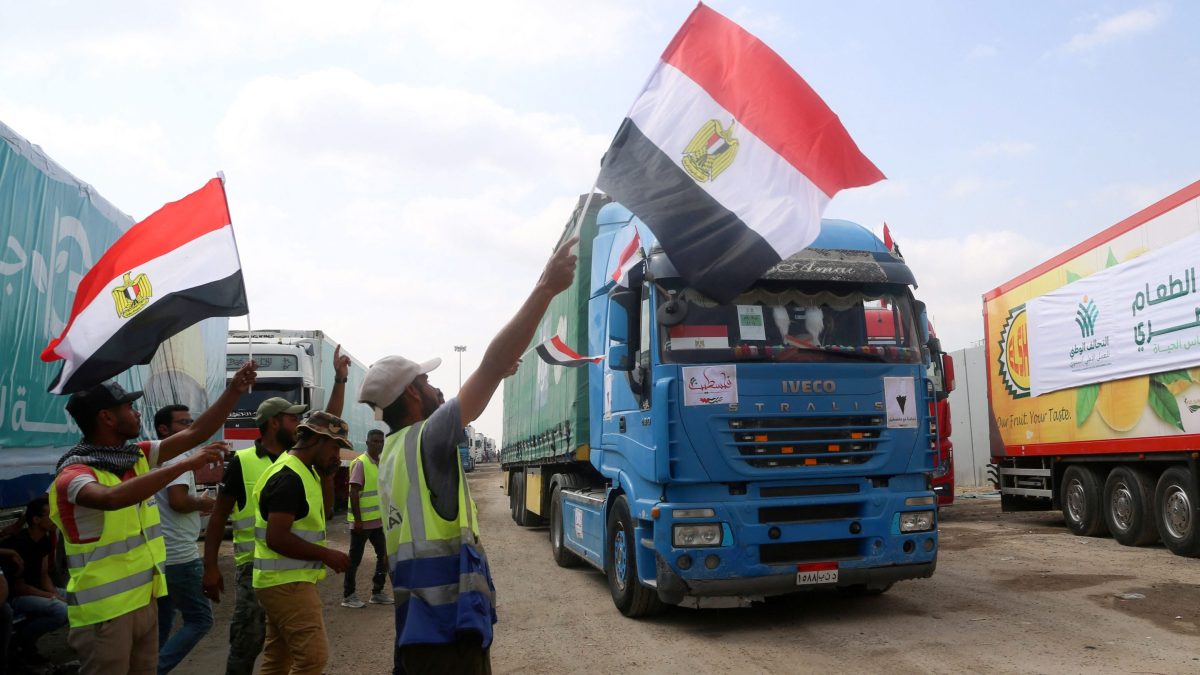Your sentiment highlights a view that some people share regarding humanitarian interventions in conflict zones. The complexity of sending aid to war-torn countries is multifaceted, and several aspects are worth considering:
Different Nature of Crises: Natural disasters and wars are two different types of crises. Natural disasters, though devastating, are non-political events that elicit empathy and a universal desire to help. Wars, on the other hand, involve political, ethnic, and sometimes religious disputes that might make aid distribution more complex.
Humanitarian Aid can Save Lives: Even in a war-torn region, providing food, medicine, and shelter can save countless lives. For many, this justifies the efforts, risks, and costs.
Politics and Aid: One reason some view aid in war zones as "theater" is the potential misuse of aid for political reasons. There are instances where warring factions seize aid shipments, use them as bargaining chips, or distribute them unequally. Some argue that, in such cases, aid can prolong conflict by providing resources to combatants.
Media Attention: The visibility of aid can sometimes overshadow its efficacy. High-profile campaigns and dramatic news reports can create an impression of "performative" assistance, where the main objective seems to be garnering attention rather than helping the afflicted.
Moral and Ethical Responsibility: Some argue that the international community has a moral responsibility to help civilians caught in conflict, irrespective of the complexities or potential for misuse. Turning a blind eye to human suffering, regardless of the cause, is considered unacceptable.
Long-term Solutions Needed: While immediate humanitarian aid is crucial, many argue that a long-term political solution is necessary for true peace and stability. Thus, humanitarian efforts should be complemented by diplomatic and political interventions.
Aid as a Tool for Peace: In some instances, the process of aid delivery can facilitate dialogue between warring parties. Humanitarian efforts can sometimes serve as a bridge, initiating discussions that could lead to ceasefires or peace agreements.
In summary, while there are valid concerns about sending aid to war-torn areas, there are also strong arguments for its necessity. The challenge is to ensure that aid reaches those in need without being co-opted for other purposes. Like many issues in international relations, it's complex and requires nuanced understanding and action.


